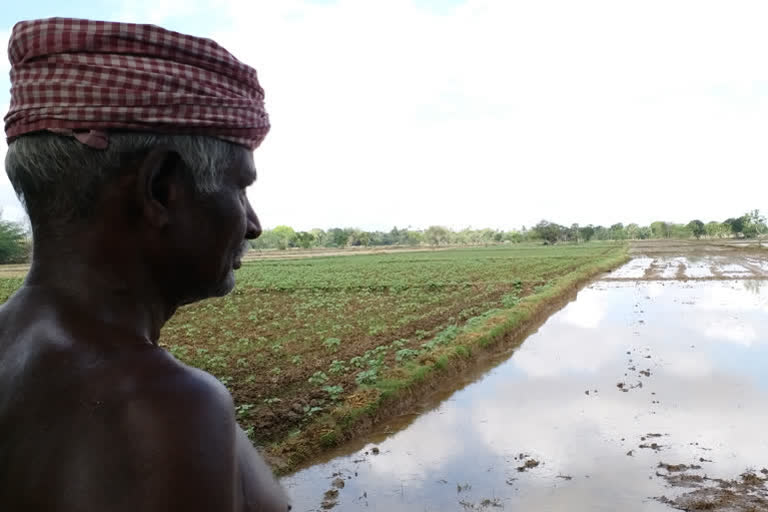Hyderabad:On May 14, the Union Ministry of Agriculture and Farmers Welfare had issued a draft notification, banning 27 pesticides due to their toxic affects to human and animal life. The government has given a 45-day window for raising objections and suggestion. Among the 27 chemicals are Thiram, Captan, Deltamethrin and Carbendizm, Malathion and Chlorpyriphos, etc. Another chemical called DDVP or Dichlorvos would be fully banned after December 31.
The government is taking a step towards ecologically safer India as most of these pesticides are highly toxic and newer molecules and bio-pesticides are available in the world that can substitute them safely. The government has acted in the interests of farmers and the Indian economy. Many industries such as bee-keepers, organic farmers, spice industry, are celebrating this order too.
However we need examine it from a seed industry perspective too. In addition to their use as a pesticide on crops, the banned pesticides are also extensively used by industry as seed treatment products primarily as seed protectants against seed and soil borne diseases and pests. The major pesticides used as seed treatment chemicals are Thiram, Captan, Deltamethrin and Carbendizm, which are proposed on the list.
Deltamethrin is one of the insecticides used against soil borne insects through seed treatment of Maize, Bajra, Sorghum, Sunflower, Mustard and Vegetables. It is quite economical and industry has been using it for many decades along with Carbendazim which is very economical and popular fungicide.
READ:Rajasthan's 'earth hero' comes to the rescue of injured animals
If we talk of Thiram, most efficient options for seed-treatment-fungicides, available in the market for against major Seed-borne and Soil-Borne diseases / pathogens . Moreover, it becomes more imperative in case of seed producers who are primarily dealing with open pollinated varieties like paddy, pulses where the seed is much cheaper as compared to the hybrids or transgenic crops.
These producers cannot afford pesticides of higher cost as profit margin is very low. The permission of Thiram & Carbendazim may also be consider in case of crops like wheat & paddy where seed requirement per unit of area is large (20kg to 40kg) & price per kg of seed is less than Rs 30/- Consideration of these chemical for seed treatment will help the majority of the seed companies as well as the farmers as the cost of seed treatment is much lower as compared to the newly recommended costly chemicals.
